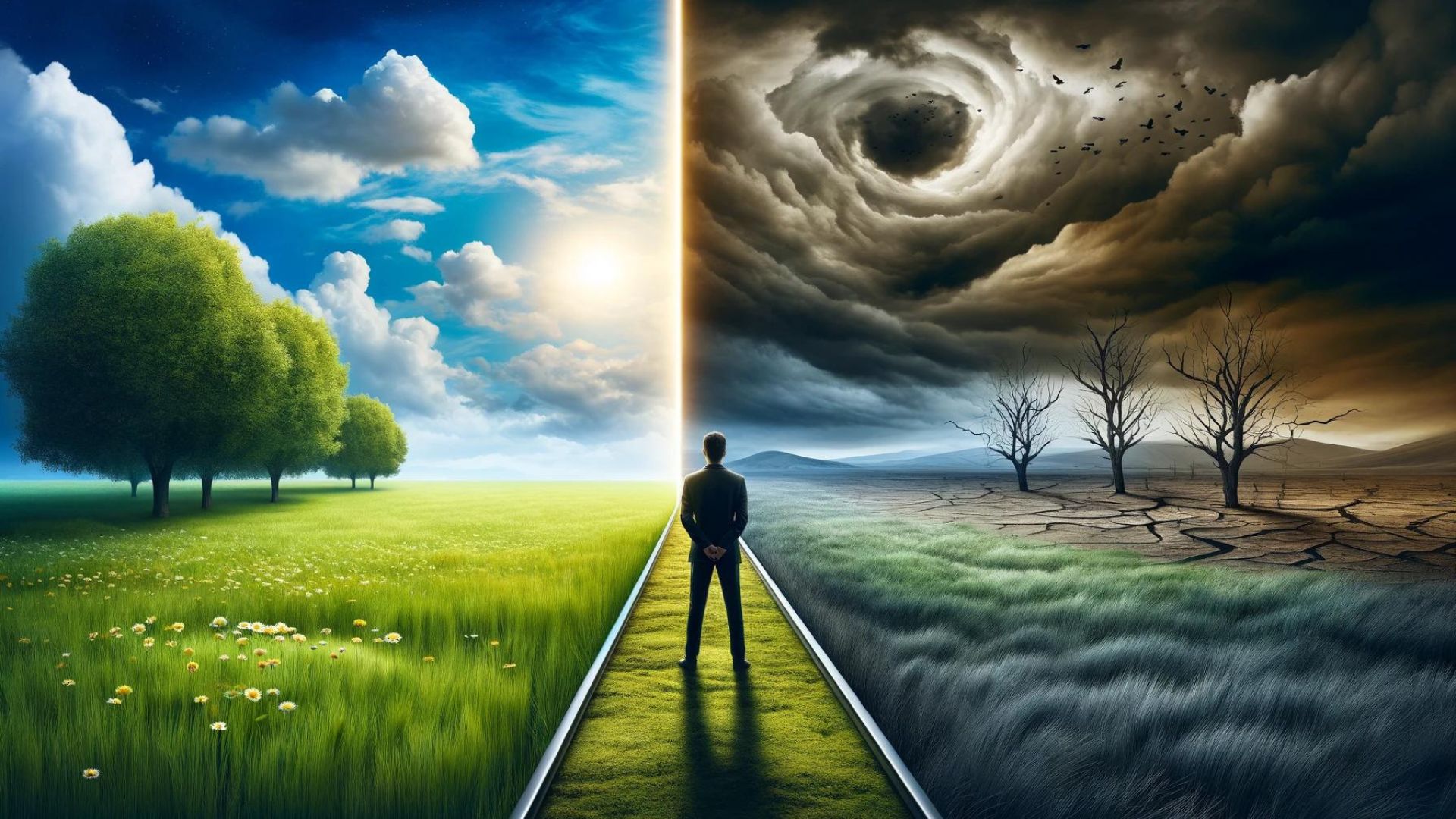Spotlight: The Enduring Question of Human Nature
Are people fundamentally good, led astray by circumstance? Or are we born with seeds of darkness, needing society to restrain our baser instincts? This age-old question has fueled philosophical debate, religious doctrines, and countless works of art throughout history.
The Argument for Inherent Goodness
- Empathy and Altruism: Studies show infants display empathetic responses, and many acts of selflessness and compassion occur throughout history.
- The Influence of Environment: Poverty, trauma, and social injustice can lead to harmful behaviors. This suggests external factors, rather than innate evil, are often at play.
- Moral Philosophers: Thinkers like Rousseau believed humans were fundamentally good, corrupted by societal inequalities and power structures.
The Argument for Inherent Badness
- History’s Dark Chapters: War, genocide, and acts of extreme cruelty point to a capacity for darkness within human nature.
- Self-Interest vs. Community: Evolutionary perspectives suggest humans can be driven by self-preservation, even at the expense of others.
- Philosophical Pessimism: From Hobbes’ belief in humanity’s brutish nature to religious concepts of original sin, many traditions hold that we are born with flaws.
Beyond Simple Duality
The reality is likely far more complex than a simple good vs. evil binary. Here’s why this debate continues:
- The Power of Choice: Regardless of inclination, most people retain agency in their actions. Good and bad choices can exist within the same individual.
- The Role of Circumstances: A person raised in a nurturing environment may have a very different moral compass than one subjected to hardship and cruelty.
- Definitions Matter: What we define as “good” or “evil” is shaped by culture, religion, and personal values. These definitions shift over time.
Thought-Provoking Implications
This debate has profound implications for how we approach:
- Justice Systems: Should punishment center on rehabilitation or retribution?
- Social Structures: If people are inherently good, how do we design societies that foster our best impulses?
- Self-Understanding: Are we responsible for battling our darker tendencies, or victims of our biology?
An Open Question
The question of whether humans are inherently good or bad may never have a definitive answer. However, its continued exploration forces us to confront the complexities of human behavior, our societal systems, and ultimately, the choices we make that shape who we are.










0 Comments